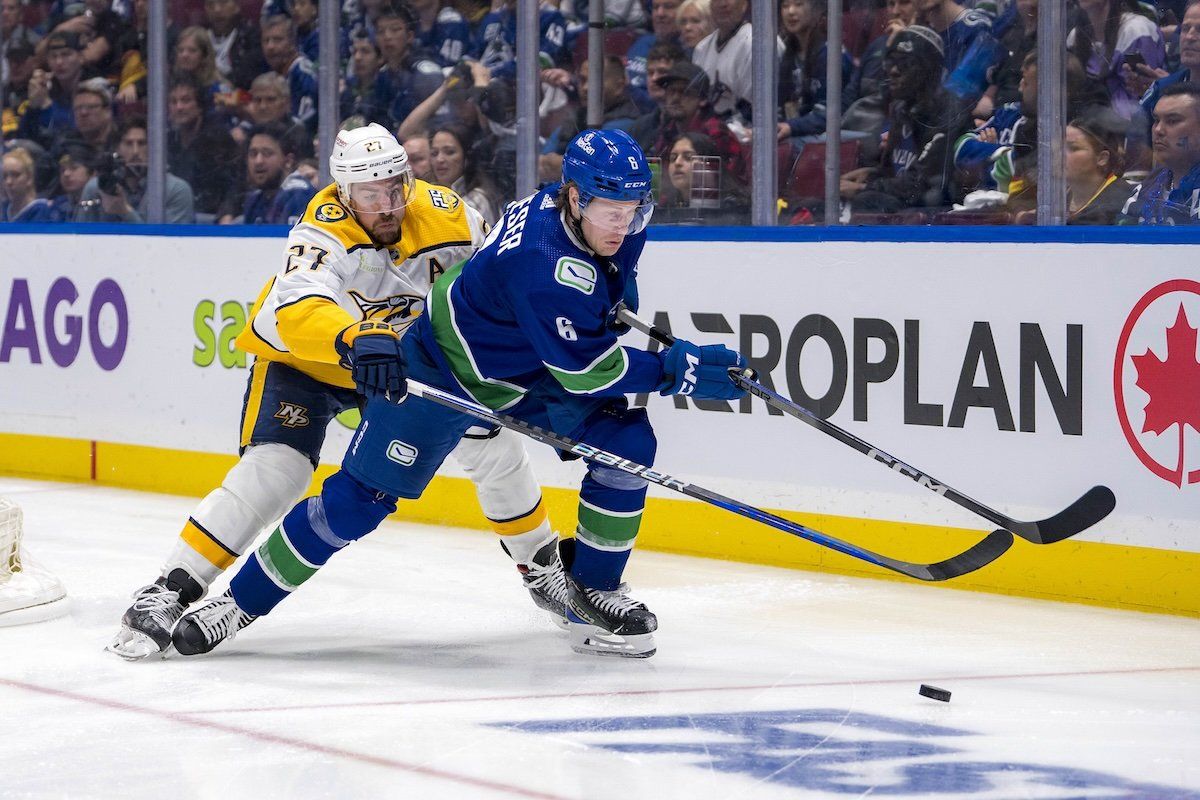For the past 31 years of hockey folly, Canadian fans have greeted the NHL playoffs by telling anyone who will listen that “this year is different.”
It was 1993 when the Stanley Cup was last brought north of the border – that time by the Montreal Canadiens. But there are genuine grounds for optimism this year, with four Canadian teams competing in the last 16 for the first time in seven years.
The Toronto Maple Leafs haven’t won the Cup since 1967 and are already behind 2-1 in their best-of-seven series with the Boston Bruins at the time of writing.
The Winnipeg Jets are tied with the Colorado Avalanche, but hopes are high at the Whiteout street party, where fans gather wearing white Jets jerseys in downtown Winnipeg, after their team finished the season with eight straight wins.
Vancouver Canucks are tied with the Nashville Predators, but the Canadian fans are quietly confident after winning their division.
Meanwhile, the Edmonton Oilers are tied in their series against the LA Kings after game one, in which the world’s best player, Connor McDavid, proved unstoppable, providing five assists in a 7-4 win. The bookmakers have the Oilers as the third favorite, behind the Carolina Hurricanes and Florida Panthers, both of whom are 2-0 up in their series against the New York Islanders and Tampa Bay Lightning respectively.
Despite the prospect of making history, there is no sense that the country is getting behind any one franchise as “Canada’s team.” This is for good reason: If Vancouver and Edmonton triumph, they will face off against each other in round two.
Tribal loyalties run deeper than national ones in a country like Canada, with more geography than history.
